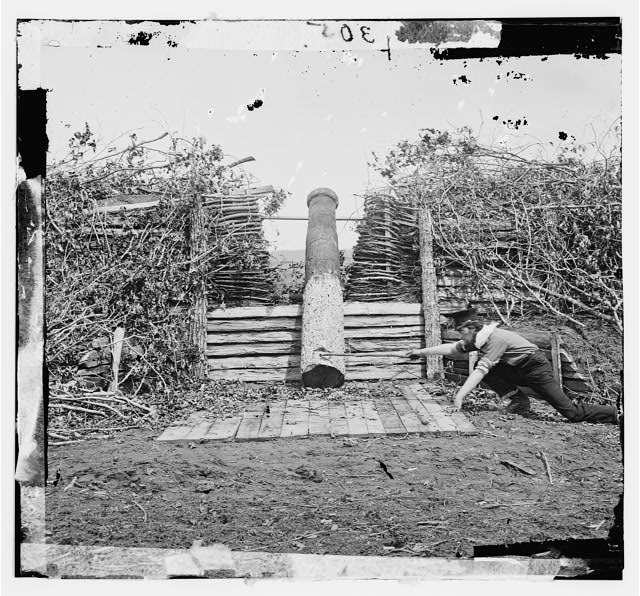From The Papers And Writings Of Abraham Lincoln, Volume Seven:
TO MRS. GURNEY.
EXECUTIVE MANSION, WASHINGTON, SEPTEMBER 4, 1864.
ELIZA P. GURNEY.
MY ESTEEMED FRIEND:—I have not forgotten probably never shall forget the very impressive occasion when yourself and friends visited me on a Sabbath forenoon two years ago—nor has your kind letter, written nearly a year later, even been for gotten. In all, it has been your purpose to strengthen my reliance on God. I am much indebted to the good Christian people of the country for their constant prayer and consolations; and to no one of them, more than to yourself. The purposes of the Almighty are perfect, and must prevail, though we erring mortals may fail to accurately perceive them in advance. We hoped for a happy termination of this terrible war long before this; but God knows best, and has ruled otherwise. We shall yet acknowledge His wisdom, and our own error therein. Mean while we must work earnestly in the best light He gives us, trusting that so working still conduces to the great ends He ordains. Surely He intends some great good to follow this mighty convulsion, which no mortal could make, and no mortal could stay.
Your people—the Friends—have had, and are having, a very great trial. On principle, and faith, opposed to both war and oppression, they can only practically oppose oppression by war. For those appealing to me on conscientious grounds, I have done, and shall do, the best I could and can, in my own conscience, under my oath to the law. That you believe this I doubt not, and believing it, I shall still receive, for our country and myself your earnest prayers to our Father in Heaven.
Your sincere friend,
A. LINCOLN.
I was impressed by Mr. Lincoln’s second paragraph, in which he seemed to succinctly state the dilemma of Mrs. Gurney and her people: the Friends opposed both slavery and war, but it seemed that Southerners were never going to willingly free their slaves.
David Herbert Donald put the message’s first paragraph in the context of the president’s own dilemma: he was sensitive to all the suffering of the Union soldiers during General Grant’s 1864 spring offensive. He told a friend he couldn’t bear all the suffering and death as he looked at a long line of ambulances heading to hospital in Washington. He told another friend that he got sick at the sight of blood, but he could tell General Grant to keep choking and chewing the rebel armies.
President Lincoln was not a member of any church but read the Bible, especially the Old Testament, which “reinforced Lincoln’s long-held belief in the doctrine of necessity… The idea that the actions of any individual were predetermined and shaped by the unknowable wishes of some Higher power … Behind all the struggles and losses of the war a Divine purpose was at work” [1]
__________________________________________________
In October 1789 George Washington wrote a letter to Quakers thanking them for their good wishes for his new presidency. He touched on the question of whether the Friends should fight to protect the nation that allowed them to practice their religion as they wished:
…Your principles and conduct are well known to me; and it is doing the people called Quakers no more than justice to say, that (except their declining to share with others the burden of the common defence) there is no denomination among us who are more exemplary and useful citizens.
I assure you very explicitly that in my opinion the conscientious scruples of all men should be treated with great delicacy and tenderness; and it is my wish and desire that the laws may always be as extensively accommodated to them as a due regard to the protection and essential interests of the nation may justify and permit.
________________________________________________________
- [1]Donald, David H. Lincoln. London: Jonathan Cape, 1995. Print. pages 513-15.↩

